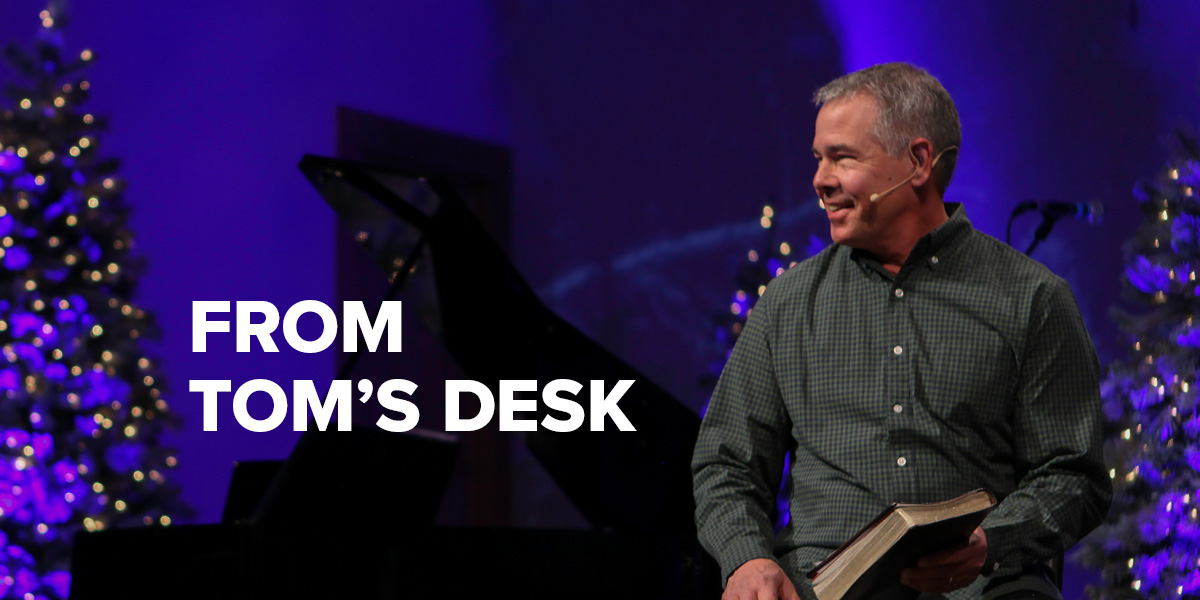Difficult times are God’s specialty

God is purposeful and patient. He does all things for His glory. He is always working in His people and through His people to share His redeeming grace with the world. The Bible chronicles His decisive movements in human history to rescue and renew those who trust Him, often in some of the darkest and most discouraging times. He is still working in our day – difficult times are His specialty.
When we fail, He doesn’t give up on us. When we turn away, He pursues us. If we rebel, He disciplines us for our good, that we may share in His holiness. His love is everlasting, and mercies are new every morning. He works all things together for His glorious purposes; and He’s patient with us as we stumble along.
The record of God’s dealings with His people are contained in the Bible for our instruction, that diligently studying them we might have hope. For the next ten weeks we will be following God’s patient and purposeful dealings with His people in the Old Testament book of Nehemiah. Returning to Jerusalem following 70 (purposeful) years of captivity, Nehemiah was overwhelmed with grief that things were not as they should be in Jerusalem. The walls of the city were in shambles, the gates were destroyed, and the people were demoralized. It was the perfect condition for God to showcase His grace and glory. And He did.
God raised up a man, gave him a vision, answered his prayers, provided all he needed, and united the people to join him to accomplish the great work of rebuilding the walls of Jerusalem. Beyond the construction project, God was renewing His people and deepening their faith. He’s purposeful and patient. Nehemiah is full of leadership lessons, and countless spiritual applications for trusting God in dark times. It is an ancient book with contemporary guidance for anyone who wants to follow God in a challenging world. What do you do when life is not the way it should be? When you are criticized and challenged. When you don’t know where resources will come from. When you haven’t got a prayer. When it looks like things will never get better.
God’s specialty is demonstrating His power and glory when human resources are depleted. He delights to do exceedingly and abundantly more than we could ask or think, building up the faith and hope of His people as He works around us. Nehemiah’s description of God will guide us through the study: You are a God ready to forgive, gracious and merciful, slow to anger and abounding in steadfast love (Nehemiah 9:17).
Trusting God’s purposes and resting in His patience!
Tom



Recent Comments